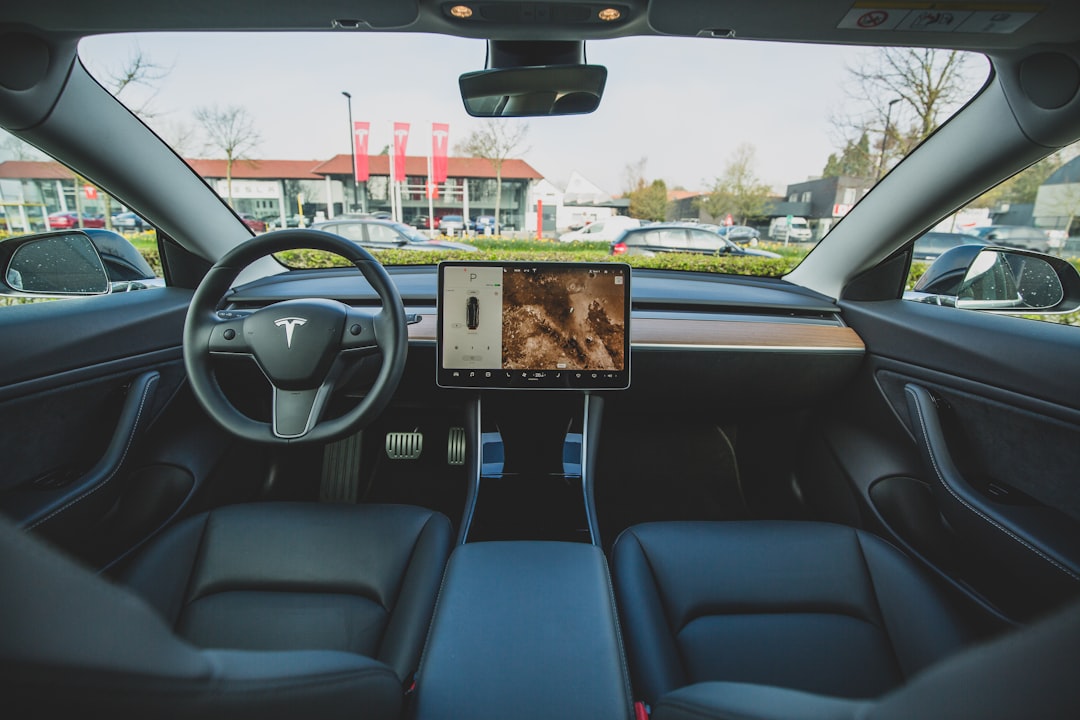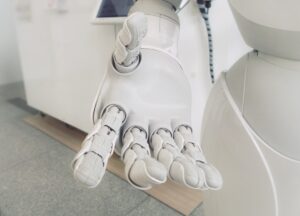Tesla’s ambition to revolutionize transportation with its upcoming Cybercab and Semi electric trucks has hit an unexpected speed bump. According to a person familiar with the matter, the company has suspended plans to import key components from China, following a dramatic increase in U.S. tariffs under President Donald Trump’s trade policy.
Tariff Hikes Force Strategic Pause
Initially prepared to absorb a 34% tariff, Tesla (NASDAQ:TSLA) pulled back once Trump escalated total tariffs on Chinese goods to 145%—a move that rendered the original shipping plans financially unsustainable. The tariffs, announced in stages throughout April, mark one of the most aggressive trade moves yet in the ongoing U.S.-China economic standoff.
This suspension throws a wrench into Tesla’s timeline for both vehicles:
-
Cybercab: Production planned in Texas, with trial runs expected to begin by October.
-
Semi truck: Set to be assembled in Nevada, also targeting trial production by Q4 2025.
Mass production for both models was slated for 2026.
What’s at Stake for Tesla?
The Cybercab and Semi are seen as pivotal to Tesla’s next phase of growth. CEO Elon Musk has repeatedly spotlighted them as disruptive innovations—the former potentially revolutionizing autonomous transport, and the latter targeting the commercial freight market.
But escalating trade tensions have introduced new friction to Tesla’s globally integrated supply chain. The company has reportedly been ramping up North American parts sourcing in anticipation of tariff-related risks, but this latest surge in duties appears to have outpaced even Tesla’s contingency planning.
Trade War Fallout: Bigger Than Just Tesla
Trump’s administration has hinted that additional tariffs could also impact auto imports from Mexico, Canada, and other nations, adding to the broader uncertainty for U.S. automakers.
“They’re going to make ’em here,” Trump said during a White House briefing, reinforcing his push for domestic manufacturing—regardless of short-term cost implications for carmakers.
The potential cost increase for vehicles assembled with foreign parts could reach thousands of dollars per unit, further complicating pricing strategies in an already competitive EV market.
How Investors Should Interpret the Disruption
-
Short-Term Risk: Production delays could affect Tesla’s 2026 earnings trajectory.
-
Supply Chain Pressure: Increased localization efforts may strain margins before efficiency gains materialize.
-
Geopolitical Volatility: Rising tariffs add a new layer of unpredictability for global manufacturers.
Get the Data Behind the Headlines
Stay ahead of these developments with deeper analysis using:
-
Full Financial as Reported API: Track how these disruptions impact Tesla’s quarterly reports and production metrics.
-
Earnings Calendar API: Monitor Tesla’s upcoming earnings announcements for updated guidance on its production roadmap.
Conclusion
Tesla’s temporary halt in Chinese component imports underscores the fragility of global supply chains in a protectionist environment. As trade tensions rise and tariffs surge, automakers like Tesla are caught in the crosshairs—forced to balance innovation with geopolitical calculus.




